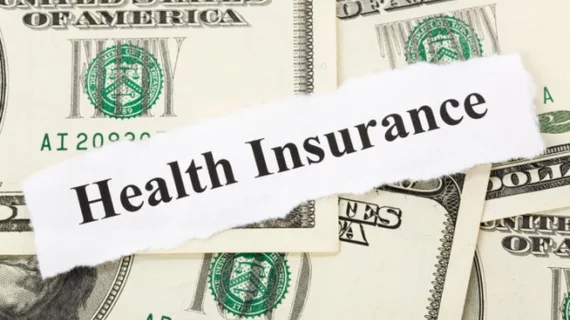Industry groups overwhelmingly oppose short-term insurance, AHP proposals
A Los Angeles Times review of thousands of comments submitted to CMS on its proposed rules to expand short-term insurance and association health plans (AHPs) found nearly all healthcare groups criticized or outright opposed the Trump administration’s regulations, arguing they would destabilize insurance markets and send premiums for sicker Americans skyrocketing.
Kris Haltmeyer, vice president of health policy and analysis at the Blue Cross Blue Shield Association, said he’s never seen such an outcry over a proposed rule in more than 22 years with the trade group.
“This seems to be a pretty overwhelming statement of concern,” Haltmeyer said.
CMS Administrator Seema Verma, MPH, has argued the rules allowing more plans to circumvent the Affordable Care Act (ACA)’s insurance standards would offer more choices for consumers as premiums for ACA exchange plans continue to climb. She also claimed those plans wouldn’t siphon away many customers from the ACA risk pool—an assertion which doesn’t match research from the Urban Institute, Avalere and the Congressional Budget Office.
Altogether, 266 of the 279 healthcare groups that submitted comments on the AHP rule were either seriously concerned or opposed to it, according to the Times. For the short-term insurance proposal, 335 of the 340 groups which commented were against it.
“Basically, anybody who knows anything about healthcare is opposed to these proposals,” said Sandy Praeger, a former Republican state insurance regulator in Kansas and onetime president of the National Association of Insurance Commissioners. “It’s amazing.”
Read more at the link below:

